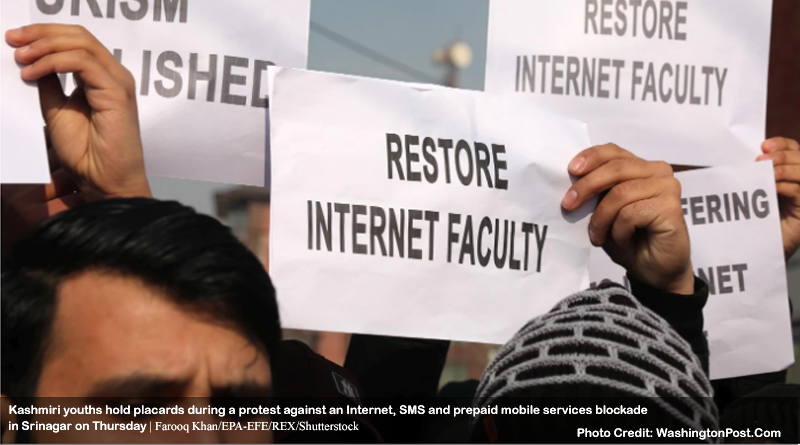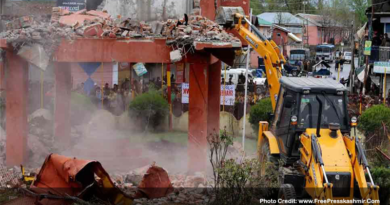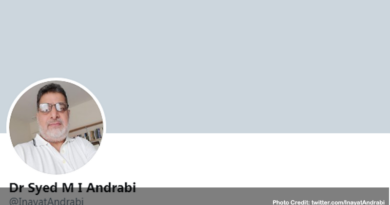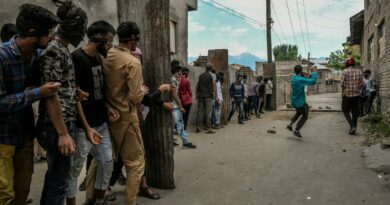India marks a new low for a democracy
INDIA HAS earned itself a dubious distinction: It has imposed the longest-ever Internet shutdown by a democracy.
Prime Minister Narendra Modi’s government abruptly revoked the autonomy of Kashmir this summer, and access to the digital realm disappeared along with the area’s statehood. Authorities claimed the blackout, coupled with the rest of the repressive measures put into place in Kashmir, was necessary to usher in an era of prosperity in a society rent by sectarian conflict — and that it would be temporary, until the national security and safety dangers posed by mass communication have passed.
Four-and-a-half months later, 7 million people remain cut off from the Web and, by extension, the world.
Kashmiris in the capital city of Srinagar, The Post reports, crowd into a train that takes them 70 miles away to wait in hours-long lines of people suddenly stranded in the analog era. They’re trying to send emails, register for exams, consult colleagues on medical cases or save businesses that are dying with no way to reach their customers. The disruption has lasted so long that many accounts have disappeared from WhatsApp for inactivity.
India’s shutdowns across its territory are already the most frequent of any country in the world, with excuses ranging from quashing dangerous viral rumors to preventing cheating on exams. The measures more often appear as a tool to quiet political protest than an unbiased attempt to protect people; there is evidence in any case that yanking away the Internet during violence only begets more violence.
But the Kashmir blackout is noteworthy for its duration, its scale and its obvious place in a toolbox of repression India has used to crack down on the civil liberties and basic dignity of its Muslim population. The government has ordered at least three more statewide shutdowns recently in response to protests over the country’s new citizenship law that promises to further marginalize the minority.
It’s telling who approves: An article published this week in the Chinese Communist Party newspaper, the People’s Daily, bears the chilling headline “India’s internet shutdown shows normal practice for sovereign countries.”
No wonder. India would be a valuable ally in the global realignment China hopes to effect, where countries emulate its freedom-crushing system of intense Internet control, censorship and surveillance. India may have earned the distinction of longest shutdown by a democracy, but the better question is how long a country that follows this sinister path can truly be called a democracy at all.




